BIRMINGHAM, UK: Titanium medical implants used in dental prostheses and bone-anchored hearing aids may be less robust than commonly believed. Researchers have found evidence to suggest that in environments where there is no significant wear process, microscopic particles of titanium can be found in the surrounding tissue, which may have a negative impact on the devices, as this can potentially be pro-inflammatory.
Globally, more than 1,000 tonnes of titanium are implanted into patients in the form of biomedical devices every year. Metallic prostheses, fixation and anchoring devices are used extensively for dental, orthopaedic, and craniofacial rehabilitation and their effects on the body are widely perceived to be predictable following initial implantation.
For this study, Dr Owen Addison in the Biomaterials unit of the University of Birmingham’s School of Dentistry and his team obtained tissue from patients undergoing scheduled revision surgery associated with bone-anchored hearing aids (BAHA) at University Hospitals Birmingham NHS Foundation Trust. Soft tissue surrounding commercially pure titanium anchorage devices was examined using micro-focus synchrotron X-ray spectroscopy at the Diamond Light Source, Oxford, UK.
“The results showed, for the first time, a scattered and heterogeneous distribution of titanium in inflamed tissue taken from around failing skin-penetrating titanium implants,” the authors reported. “Wear processes and implant debris were unlikely to be major contributors to the problem. In the absence of obvious macroscopic wear or loading processes, we propose that the titanium in the tissue results from micro-motion and localised corrosion in surface crevices.”
The development of peri-implant inflammation may result in the premature loss of the implanted device or the requirement for revision/rescue surgery, which are scenarios that can “impact on patients’ well-being and economically on the health service provider,” the authors concluded in the study.
“Our results emphasise the need to understand further both the physical and chemical mechanisms leading to the dispersal of titanium species in tissue around implants and their potential to exacerbate inflammation. Similar processes are likely to contribute to the failure of other metal implants in soft tissues, where macroscopic wear is not considered to be a risk.”
Addison commented: “Titanium is still the most appropriate material to put into bone and to be used in these devices. It is the gold standard. However, these interesting findings demonstrate that improvements in these materials can be sought. Research at Birmingham is currently being conducted to look at the biological consequences of these findings and to understand the mechanisms by which the debris is produced. This should in no way alarm those with BAHA implants or similar devices.”
The study “Do ‘passive’ medical titanium surfaces deteriorate in service in the absence of wear?” was published online on 25 July in the Journal of the Royal Society Interface ahead of print.
HAMILTON, Ontario, Canada: The link between periodontitis and cardiovascular disease is well established. However, most research in this area concerns older...
BRISTOL, UK: Scientists at the University of the West of England (UWE) in Bristol have discovered a new way to improve the bond between titanium implants ...
LONDON – As the number of people choosing to have dental implants is increasing, experts have warned that these surgeries can cause severe pain and ...
LONDON, England: Driven by the NHS dental crisis, an increasing number of UK patients seeking cheaper dental work overseas are encountering unexpected ...
BRISTOL, UK/BOSTON, US: The thickness of growth marks in primary teeth may help identify children at risk for depression and other mental health disorders ...
CAMBRIDGE – Saturated fats in junk food have been associated with obesity, diabetes and hyperlipidaemia risk. Now, researchers from the University of ...
BELFAST, UK: The findings of a new study suggest that regular use of aspirin could cut head and neck cancer risk by almost a quarter. The researchers found ...
LONDON, England: Balanced nutrition is known to lower the risk of major non-communicable diseases, including cardiovascular disease, neurodegenerative ...
PLYMOUTH, UK: In a recent study, researchers investigated the role of oral bacteria in the development of brain abscesses. They found that the samples of ...
RUGBY, UK: Exposure to smoke, regular consumption of processed foods, time in the sun and the consumption of alcohol as part of one’s job could ...
Live webinar
Tue. 24 February 2026
6:00 pm UTC (London)
Prof. Dr. Markus B. Hürzeler
Live webinar
Tue. 24 February 2026
8:00 pm UTC (London)
Prof. Dr. Marcel A. Wainwright DDS, PhD
Live webinar
Wed. 25 February 2026
4:00 pm UTC (London)
Prof. Dr. Daniel Edelhoff
Live webinar
Wed. 25 February 2026
6:00 pm UTC (London)
Live webinar
Thu. 26 February 2026
1:00 am UTC (London)
Live webinar
Tue. 3 March 2026
4:00 pm UTC (London)
Dr. Omar Lugo Cirujano Maxilofacial
Live webinar
Wed. 4 March 2026
1:00 am UTC (London)
Dr. Vasiliki Maseli DDS, MS, EdM



 Austria / Österreich
Austria / Österreich
 Bosnia and Herzegovina / Босна и Херцеговина
Bosnia and Herzegovina / Босна и Херцеговина
 Bulgaria / България
Bulgaria / България
 Croatia / Hrvatska
Croatia / Hrvatska
 Czech Republic & Slovakia / Česká republika & Slovensko
Czech Republic & Slovakia / Česká republika & Slovensko
 France / France
France / France
 Germany / Deutschland
Germany / Deutschland
 Greece / ΕΛΛΑΔΑ
Greece / ΕΛΛΑΔΑ
 Hungary / Hungary
Hungary / Hungary
 Italy / Italia
Italy / Italia
 Netherlands / Nederland
Netherlands / Nederland
 Nordic / Nordic
Nordic / Nordic
 Poland / Polska
Poland / Polska
 Portugal / Portugal
Portugal / Portugal
 Romania & Moldova / România & Moldova
Romania & Moldova / România & Moldova
 Slovenia / Slovenija
Slovenia / Slovenija
 Serbia & Montenegro / Србија и Црна Гора
Serbia & Montenegro / Србија и Црна Гора
 Spain / España
Spain / España
 Switzerland / Schweiz
Switzerland / Schweiz
 Turkey / Türkiye
Turkey / Türkiye
 UK & Ireland / UK & Ireland
UK & Ireland / UK & Ireland
 International / International
International / International
 Brazil / Brasil
Brazil / Brasil
 Canada / Canada
Canada / Canada
 Latin America / Latinoamérica
Latin America / Latinoamérica
 USA / USA
USA / USA
 China / 中国
China / 中国
 India / भारत गणराज्य
India / भारत गणराज्य
 Pakistan / Pākistān
Pakistan / Pākistān
 Vietnam / Việt Nam
Vietnam / Việt Nam
 ASEAN / ASEAN
ASEAN / ASEAN
 Israel / מְדִינַת יִשְׂרָאֵל
Israel / מְדִינַת יִשְׂרָאֵל
 Algeria, Morocco & Tunisia / الجزائر والمغرب وتونس
Algeria, Morocco & Tunisia / الجزائر والمغرب وتونس
 Middle East / Middle East
Middle East / Middle East



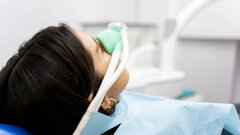























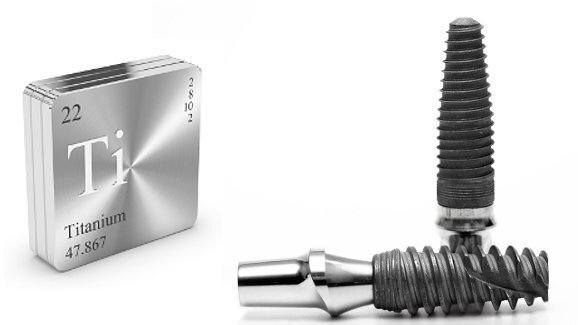




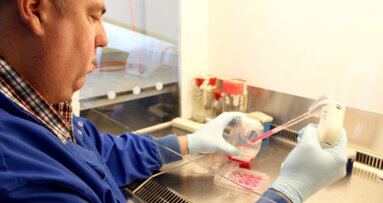
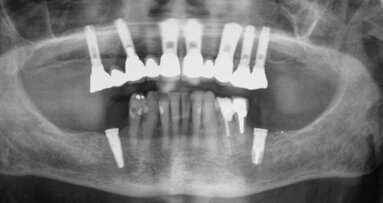





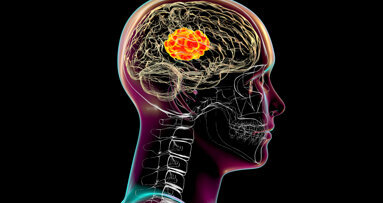










To post a reply please login or register